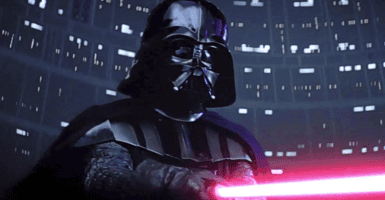The Star Trek Episode Created To Fix Bad Writing

Over the years, many of Star Trek: Discovery’s fiercest critics have accused the show of having bad writing. Obviously, quality is all in the eye of the beholder, but it turns out that at least one episode of the show was created because of bad writing. That episode was “Choose Your Pain,” which a producer revealed was written primarily to prove that Saru wasn’t as cowardly as he was initially portrayed.
Saru Was A Different Type Of Starfleet Officer
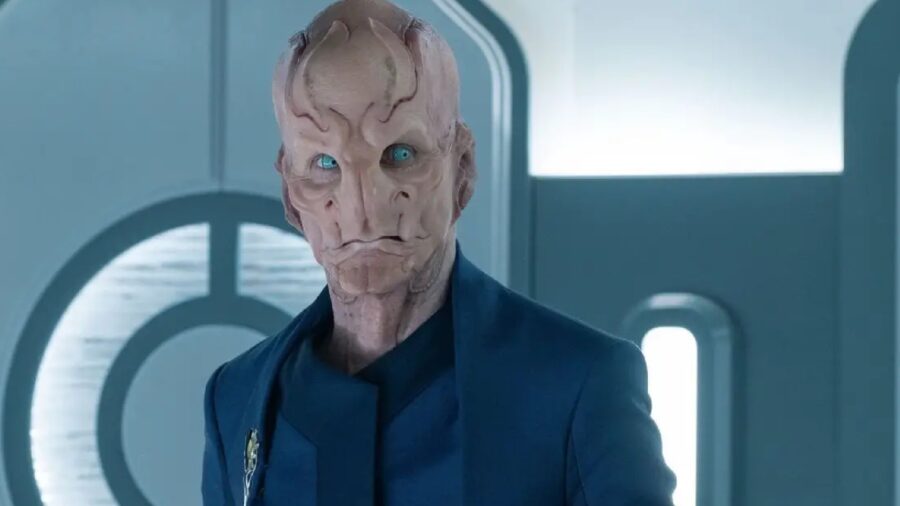
Before we dive into the dirty details, it’s important to review the earliest days of Star Trek: Discovery. Early on, we are introduced to the character of Saru, an alien whose species had evolved to detect danger and death. Consequently, he became a very paranoid Starfleet officer, once claiming, “My whole life, I have never known a moment without fear.
It’s a neat idea for a new kind of Star Trek alien, but Discovery fans were understandably skeptical about such a character being in a command position. After all, this is a franchise built on the idea of fearless characters “boldly going” into the unknown. An alien whose entire life was defined by fear and whose every recommendation was the opposite of bold seemed like he wouldn’t really fit the mold of a heroic Starfleet officer.
Beating The Audience With The Hammer Of Characterization

That brings us to the Star Trek: Discovery episode “Choose Your Pain.” In this story, Captain Lorca is captured by Klingons, leaving Saru in charge. Most audiences watching assumed the primary story revolved around Lorca…he was the one who had to deal with both bloodthirsty Klingons and the conniving Harry Mudd before escaping to freedom along with Ash Tyler.
However, Star Trek: Discovery producer Aaron Harberts later revealed that the writers were focused on telling the story of Saru taking command. On After Trek, he said that “the whole point of this episode” was to demonstrate that Saru wasn’t as overly cautious and cowardly as the earlier episodes had made him seem. According to Harberts, “We really wanted to make sure that the audience could understand that those on the bridge would understand that the things that make him Saru are a giant strength.”
Saru Would Have The Best Arc On The Show
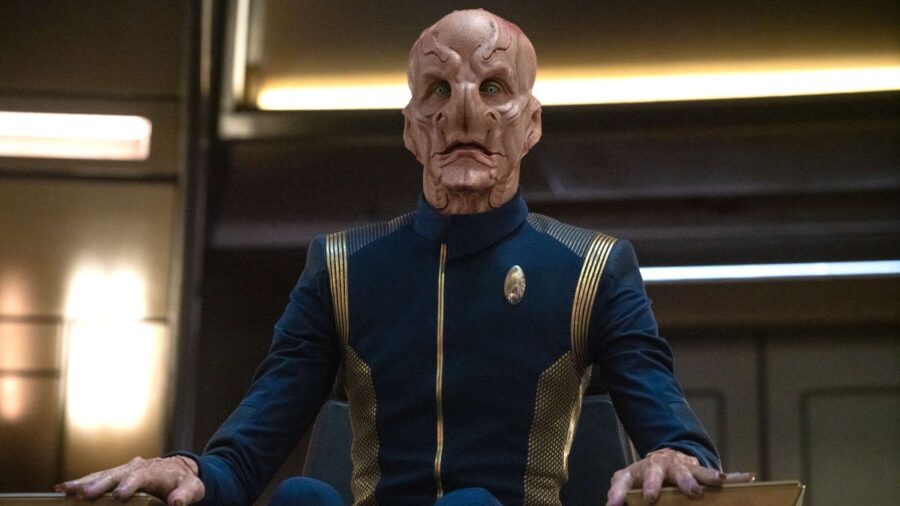
On paper, this is a good idea…Star Trek is all about “Infinite Diversity in Infinite Combinations,” so we understand why the Discovery writers would want to showcase that Saru’s seeming weaknesses are major strengths. And the writing for this character only got better over time, with Saru getting the best arc by far out of all the show’s main characters.
However, I can’t help but think that if they are using the show’s fifth episode to make a kind of correction for Saru, it reveals that the earlier episodes had some sloppy writing for his character.
The Reason For Saru’s Caution
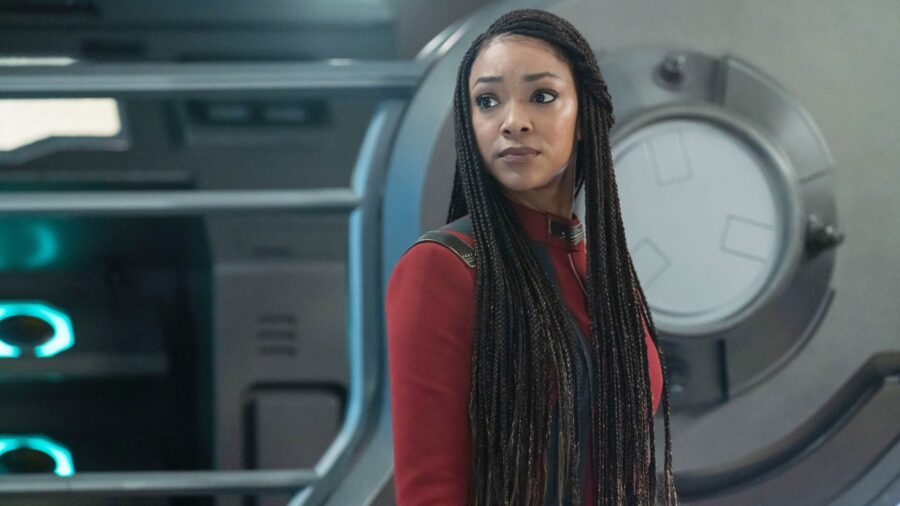
Compounding the problem is that the first two episodes of Star Trek: Discovery already do a good job of proving Saru’s caution to be commendable. He is immediately contrasted with Michael Burnham, a character who counters his caution with a desire to rush into almost any scenario.
The first season of the show makes it clear that Burnham’s reckless decisions caused a war with the Klingons that ultimately claimed the lives of 100 million Federation citizens…compared to that, the character urging everyone to be extra cautious seems both wise and commendable.
Star Trek: Discovery’s First Season Is Filled With Questionable Choices
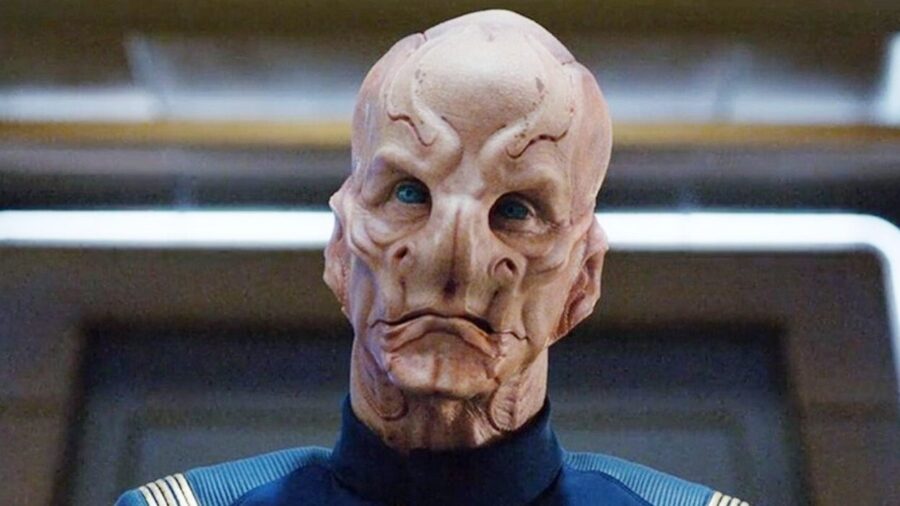
Again, Saru ended up having the best arc out of all the Star Trek: Discovery characters, and Doug Jones was never less than captivating in this role. But we can’t shake the feeling that if the writers of this Paramount show had to write an entire episode to correct our early perceptions of Saru, they should have just written him better to begin with.
And if you tell us that the fifth episode of the show is effectively retconning important info from the first…well, our own threat ganglia are detecting the presence of too many cooks in this show’s narrative kitchen.









